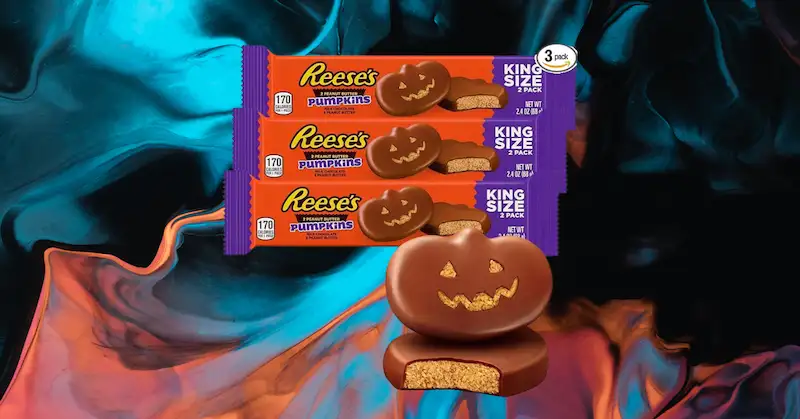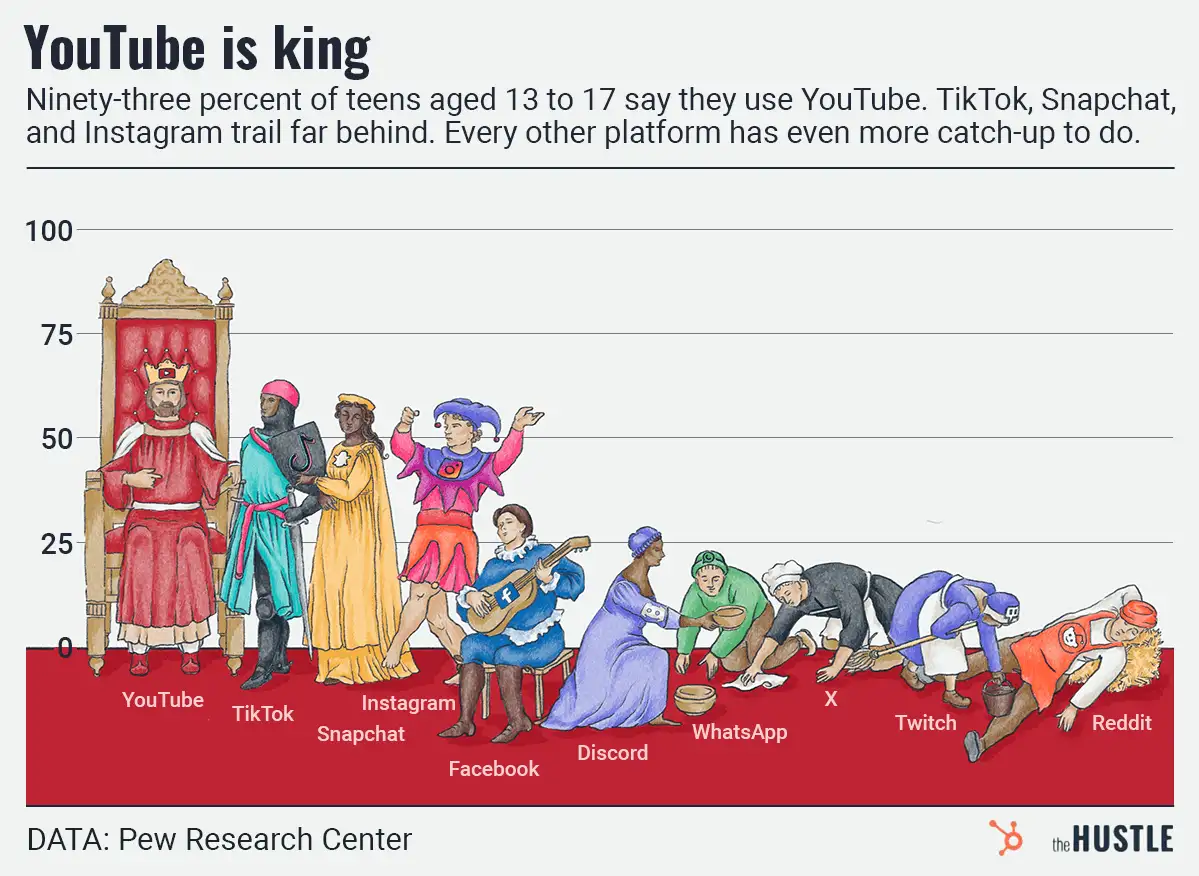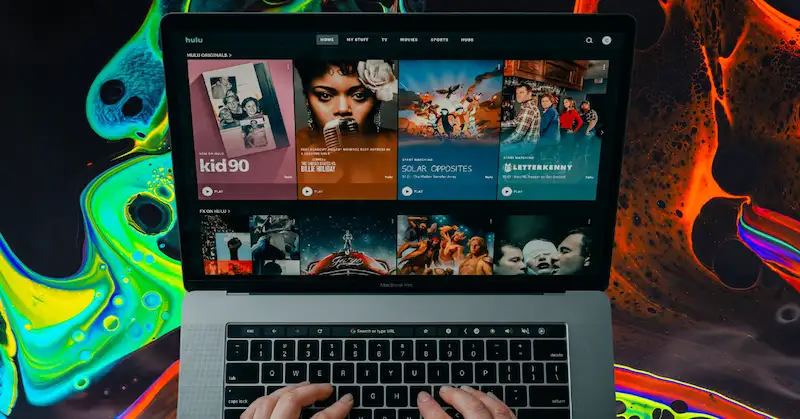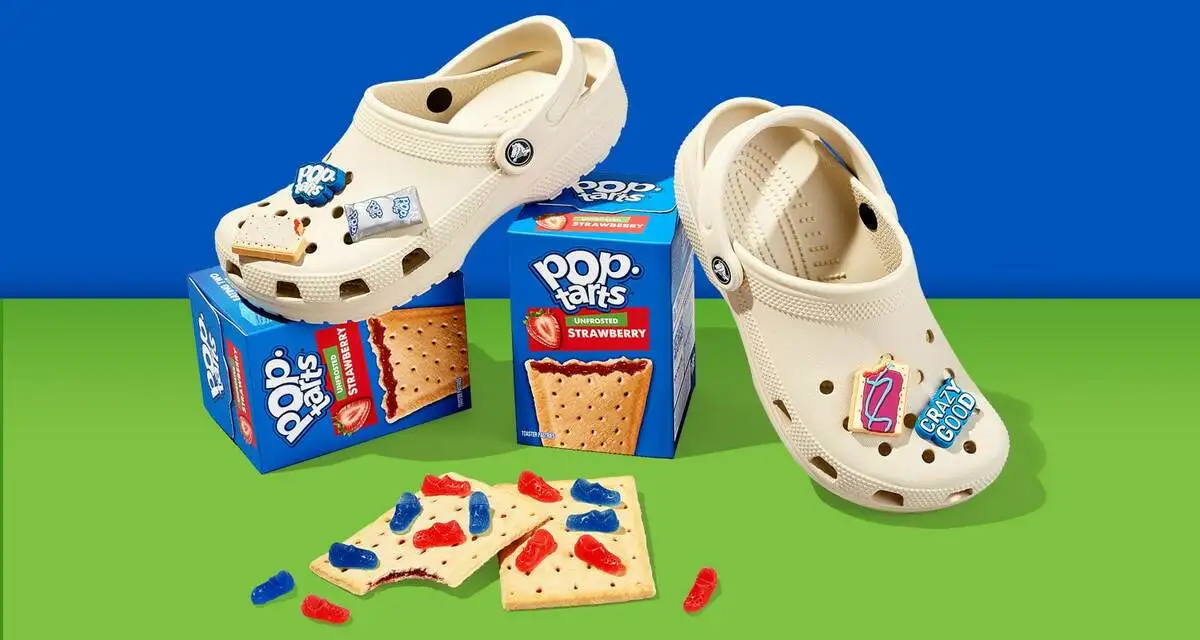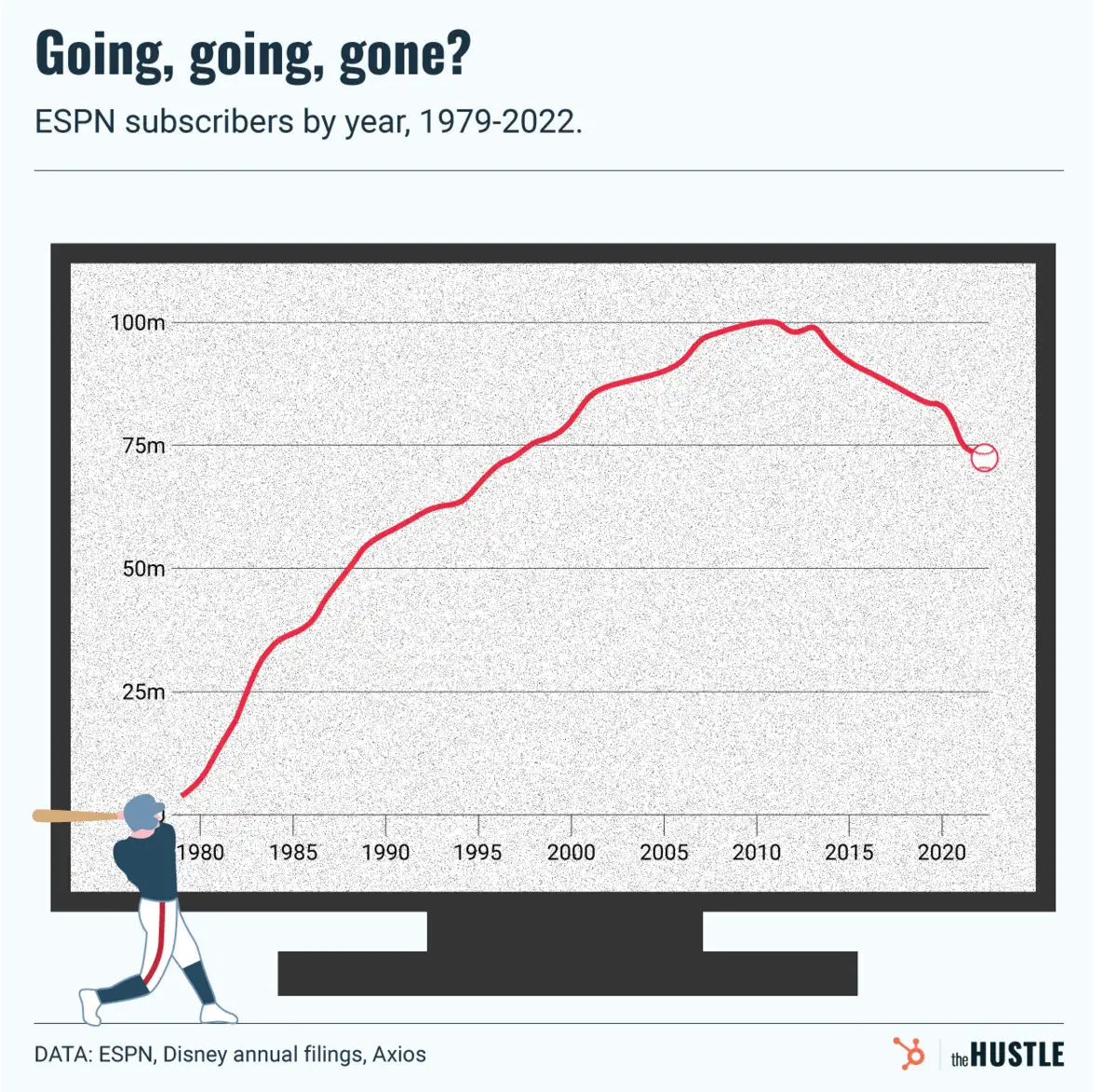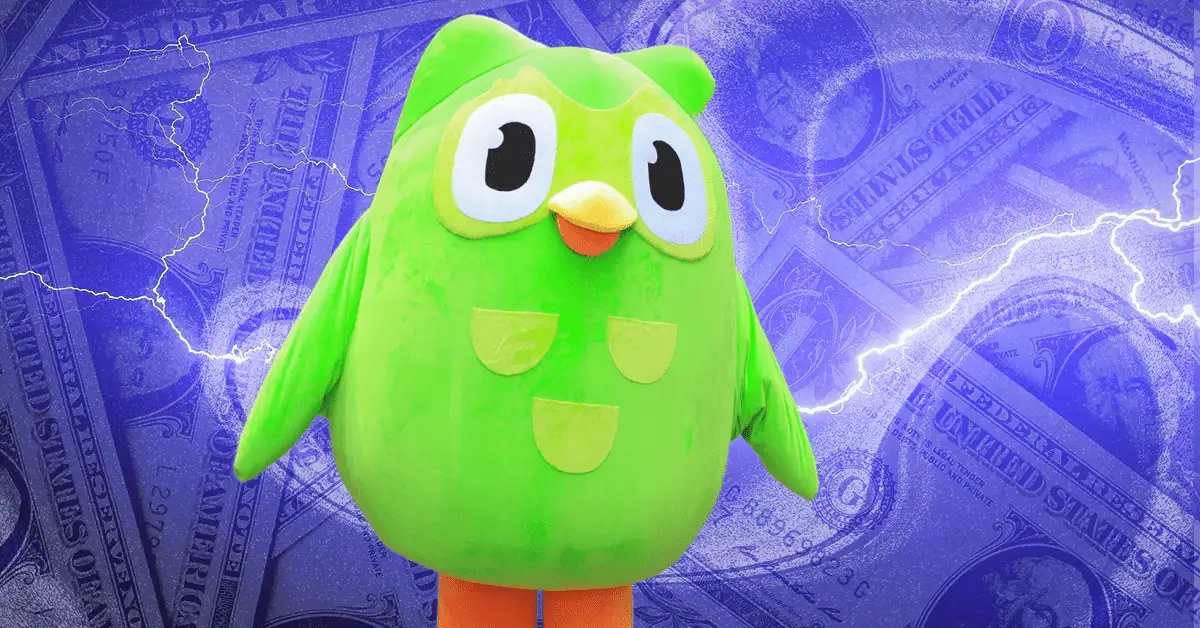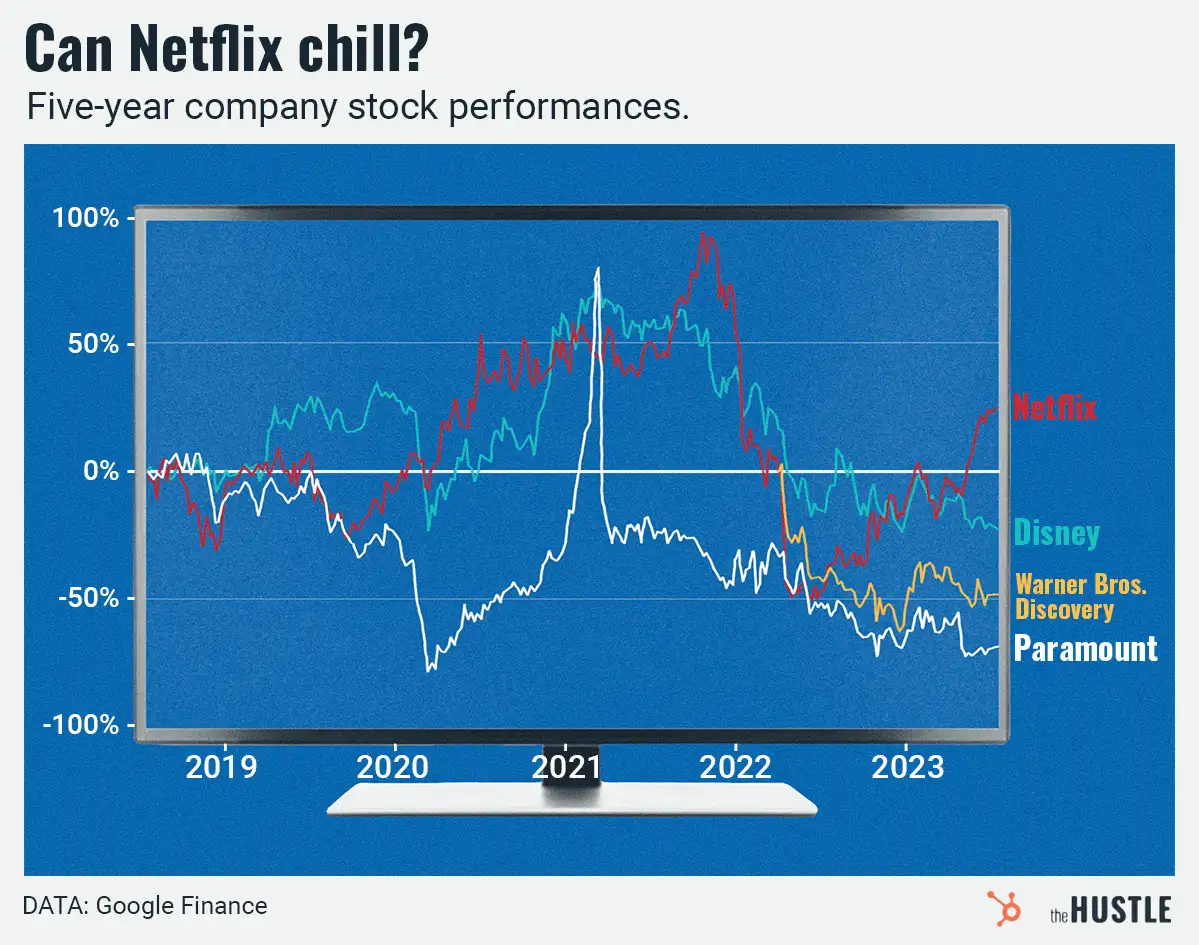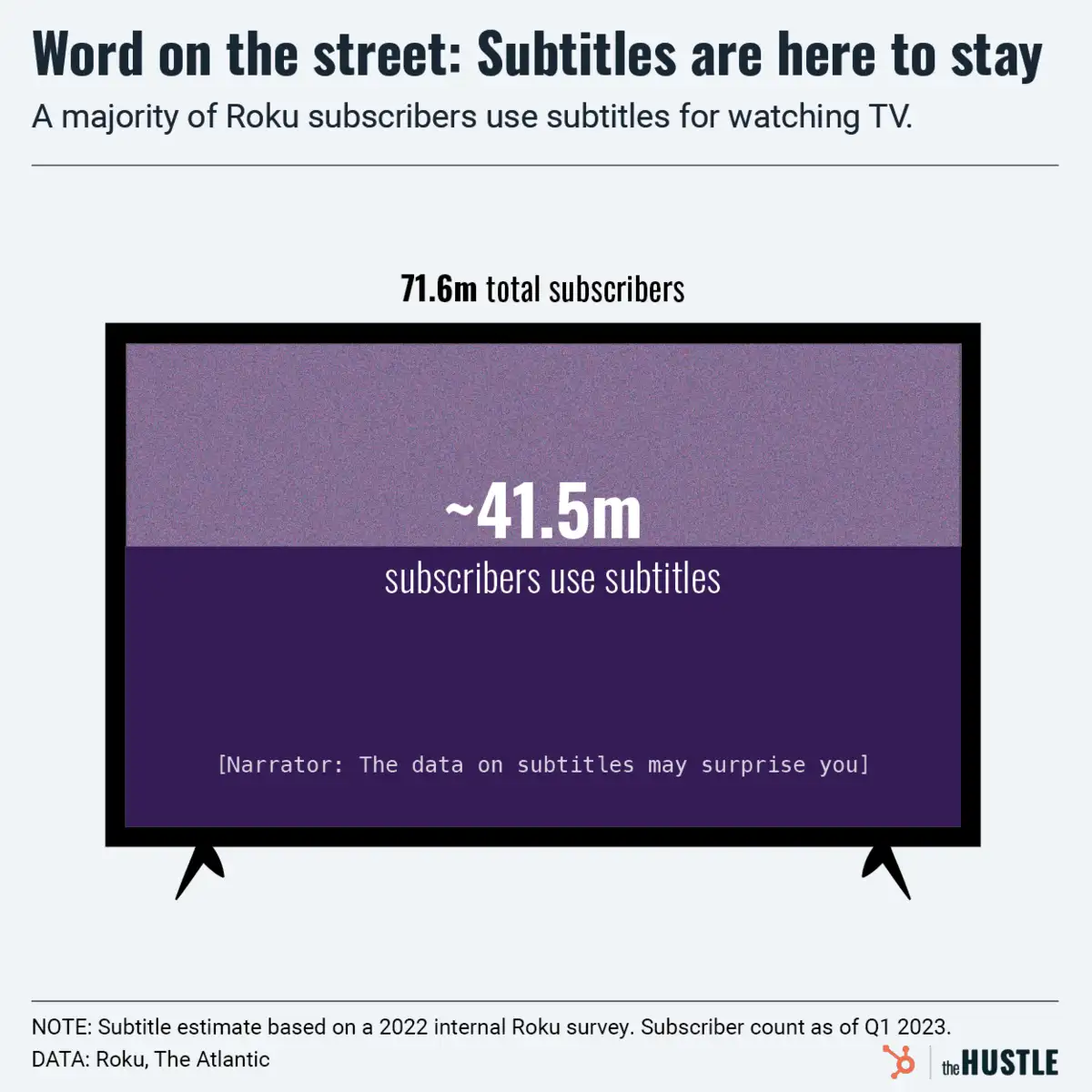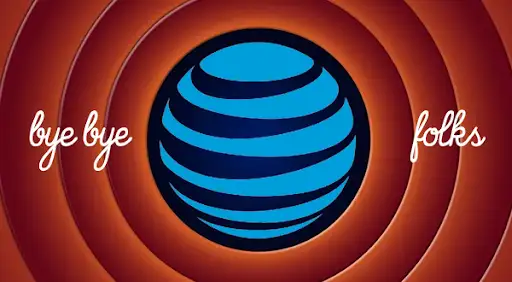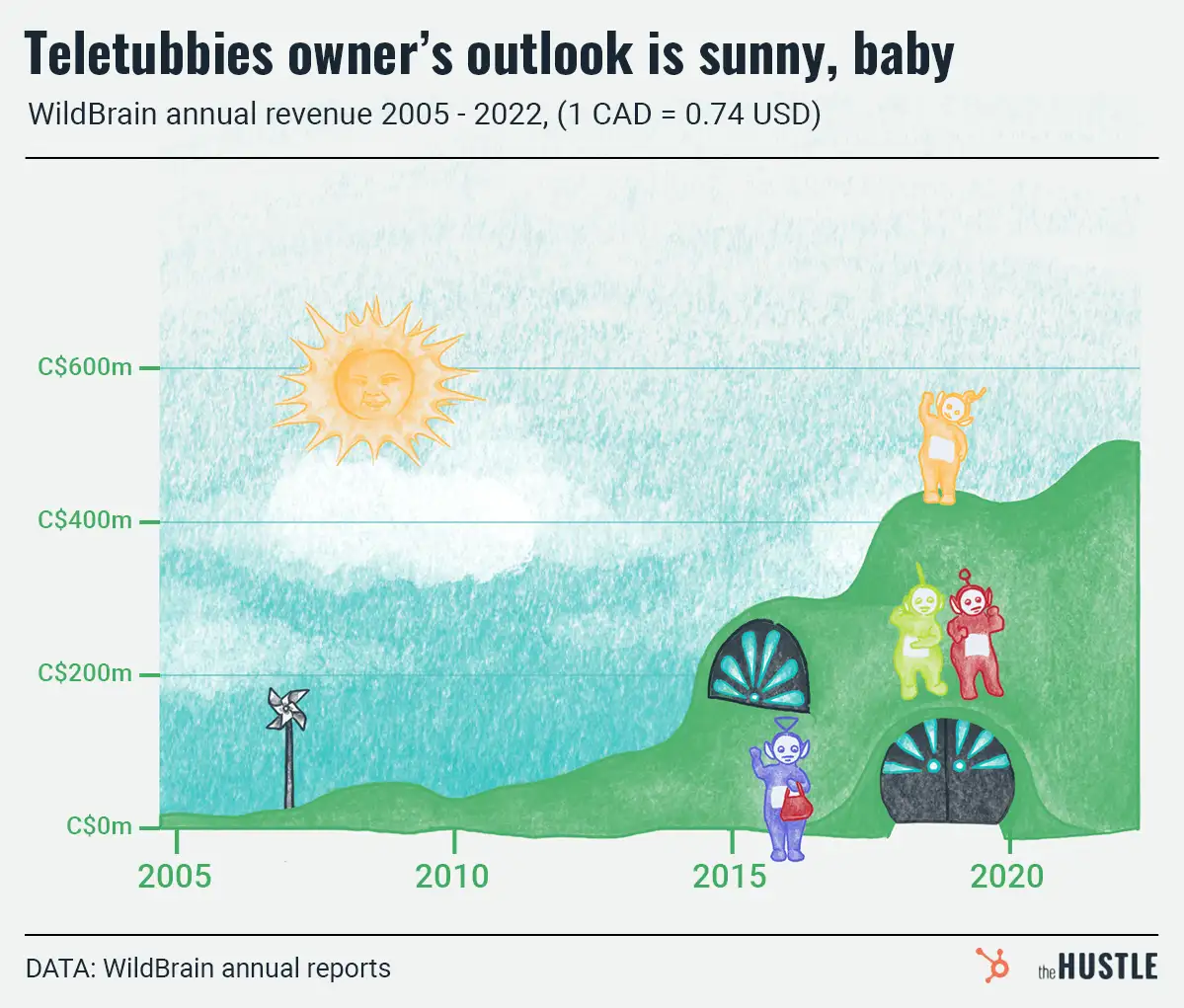Notice a lot more black squares and a lot less beach on your Instagram feed yesterday?

That’s because the music biz took part in an event that came to be known as Blackout Tuesday. The organizers wanted to hold the music biz accountable for its history of “profiting predominantly from Black art.”
Here’s where the trouble started
Brands everywhere posted black squares to their feeds — but many of them used the wrong hashtag.
By tagging their posts with #BlackLivesMatter (and not #BlackoutTuesday or #TheShowMustBePaused, tags more closely tied to yesterday’s event), critics said the brands actually drowned out important protest resources.
It wasn’t supposed to be this way
The recording execs Brianna Agyemang and Jamila Thomas founded the campaign, citing the industry’s obligation to “protect and empower” black communities.
There’s no denying the effort was a hit: As of midday Tuesday, 14.6m Instagram posts used the #BlackoutTuesday hashtag.
Now for the more important question
What will music industry leaders, y’know, do? The responses were all over the dial:
- Spotify, Apple Music, and YouTube Music all got into the action, with social media freezes, donations, and radio show cancelations.
- Universal Music Group canceled upcoming releases, pledged donations to bail funds and charities, and launched an “inclusion task force.”
- One company took the long view: Every Juneteenth (June 19th), Bandcamp will donate 100% of its share of sales to the NAACP Legal Defense Fund.
Others stayed vague. Columbia Records and Sony Music released statements calling for a day of reflection, but stopped short of sharing how and if they would contribute more concretely.
Some artists wanted more
Kehlani, Lil Nas X, and others said the Blackout Tuesday flurry wasn’t effective. The Weeknd called on major labels and streaming services to “go big and public” with donations.

